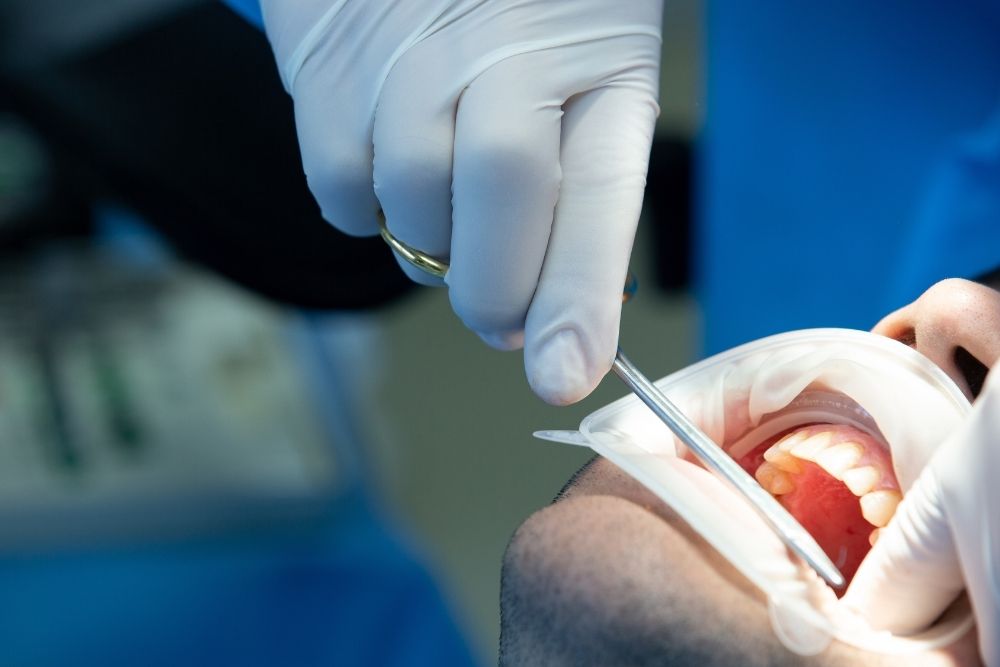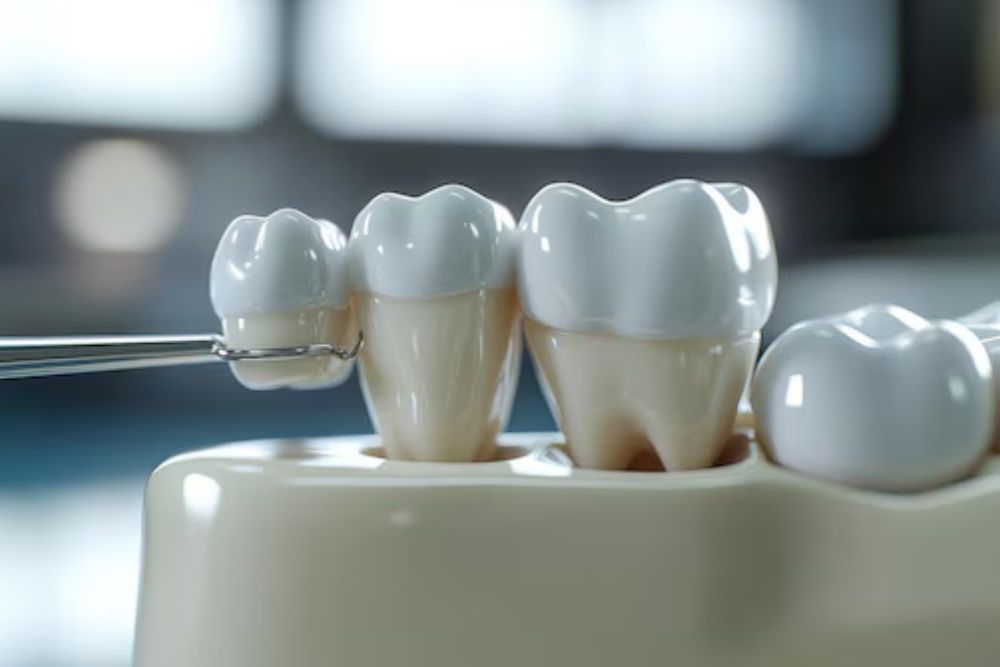Dental
Root Canal
Root canal treatment, commonly known as a root canal, is a dental procedure performed to treat a severely infected or damaged tooth. The goal of the procedure is to remove the infected pulp (soft tissue containing nerves and blood vessels) from the interior of the tooth, disinfect the root canals, and seal them to prevent further infection.
Why Hair O Craft ?
Hair transplant experts since 2006
Expert doctors & certified professionals
Completed more than 30000+
Winner of Asianet Excellence Award
Here's an overview of the root canal procedure:
Diagnosis
When a tooth becomes severely decayed, cracked, or infected, it can cause severe pain and sensitivity. Your dentist will examine the tooth, take X-rays, and conduct tests to determine if a root canal is necessary.


Anesthesia
Before starting the root canal, the dentist will administer local anesthesia to numb the area around the affected tooth. This ensures a pain-free procedure.
Access to Pulp
The dentist creates a small access hole in the crown of the tooth to reach the infected pulp and root canals.


Removal of Infected Pulp
Using specialized dental instruments, the dentist carefully removes the infected pulp and any debris from the root canals.
Cleaning and Shaping
The root canals are then cleaned, disinfected, and shaped to prepare them for filling. Filling the Root Canals: Once the root canals are cleaned and shaped, they are filled with a biocompatible material seals the canals to prevent bacteria from re-entering.


Crown Placement (Optional)
After a root canal, the tooth may become weaker and more susceptible to fracture. In such cases, the dentist may recommend placing a dental crown over the treated tooth to provide additional strength and protection.
When should you go for root canal treatment?
A root canal is typically needed when the soft tissue inside a tooth, known as the dental pulp, becomes infected, inflamed, or damaged. The dental pulp contains nerves, blood vessels, and connective tissues that are vital for the tooth during its development. When the pulp becomes compromised, a root canal procedure may be necessary to save the tooth and alleviate pain. The common causes for a root canal include
- Untreated Tooth Decay: When tooth decay progresses deep into the tooth and reaches the dental pulp, it can lead to infection and inflammation of the pulp, requiring a root canal.
- Cracked or Fractured Tooth: A cracked or fractured tooth can allow bacteria to penetrate the inner parts of the tooth, causing infection and inflammation of the pulp.
- Trauma or Injury: A sudden impact to the mouth, such as from a sports injury or accident, can damage the dental pulp and necessitate a root canal.
- Repeated Dental Procedures: Repeated dental procedures on the same tooth, such as multiple fillings or crowns, can irritate the dental pulp and lead to inflammation or infection.
- Deep Dental Cavity: A deep cavity that reaches the dental pulp can introduce bacteria, causing infection and necessitating a root canal.
After the root canal procedure, you may experience mild sensitivity or discomfort for a few days. Follow your dentist's instructions for proper aftercare, including oral hygiene practices and any prescribed medications.
Root canal treatment is highly successful in saving infected or damaged teeth and relieving pain. With proper care and maintenance, a tooth that has undergone a root canal can last a lifetime. It's essential to attend regular dental check-ups to monitor the tooth's health and ensure its continued success after the procedure.

Frequently Asking Questions
Let us help
Don’t let your appearance hold you back! We offer services to improve your Hair, Skin, and Dental health. From restoring thinning hair and rejuvenating your skin to lightening your skin tone and enhancing your smile, we’ve got you covered. Look and feel your best with our expert treatments!

